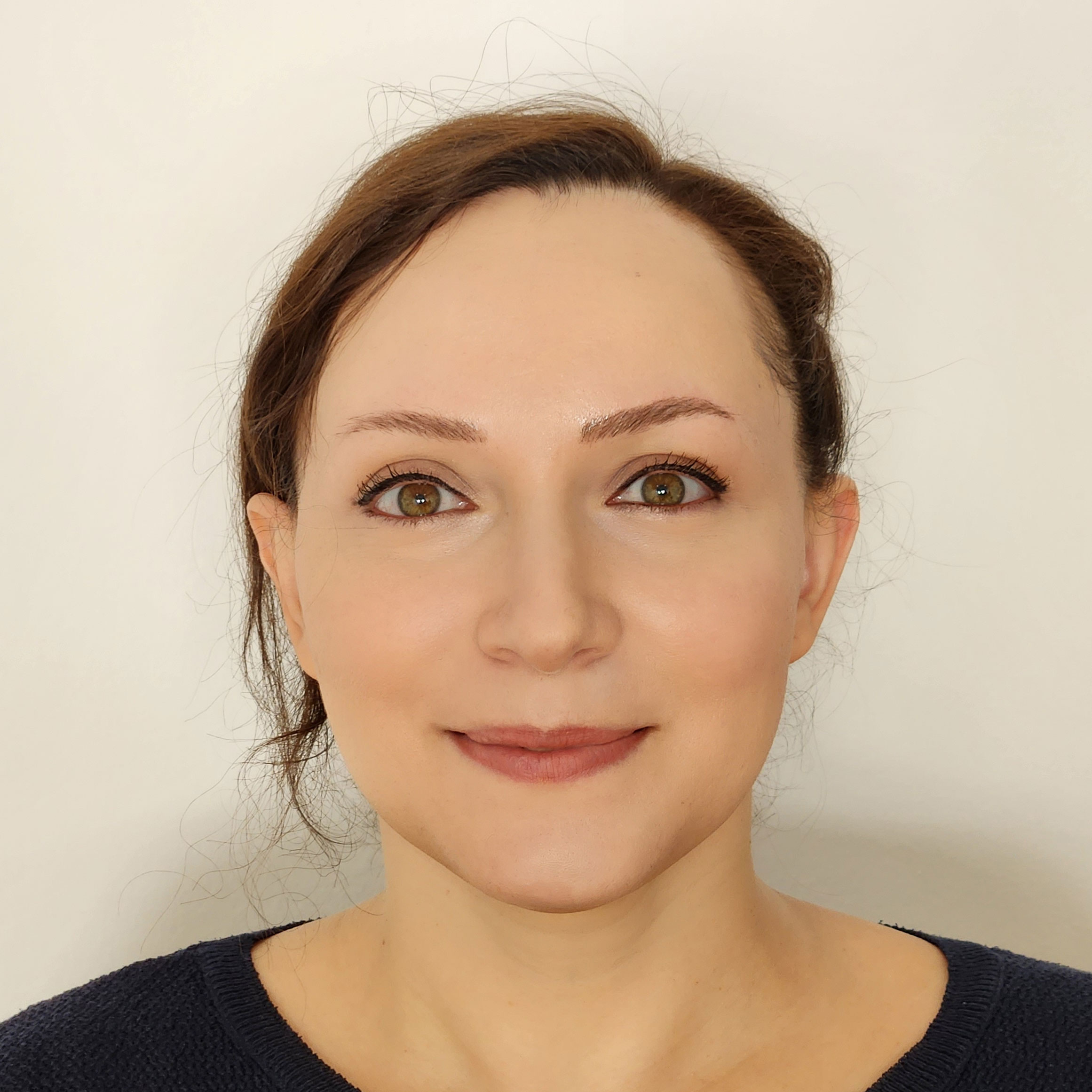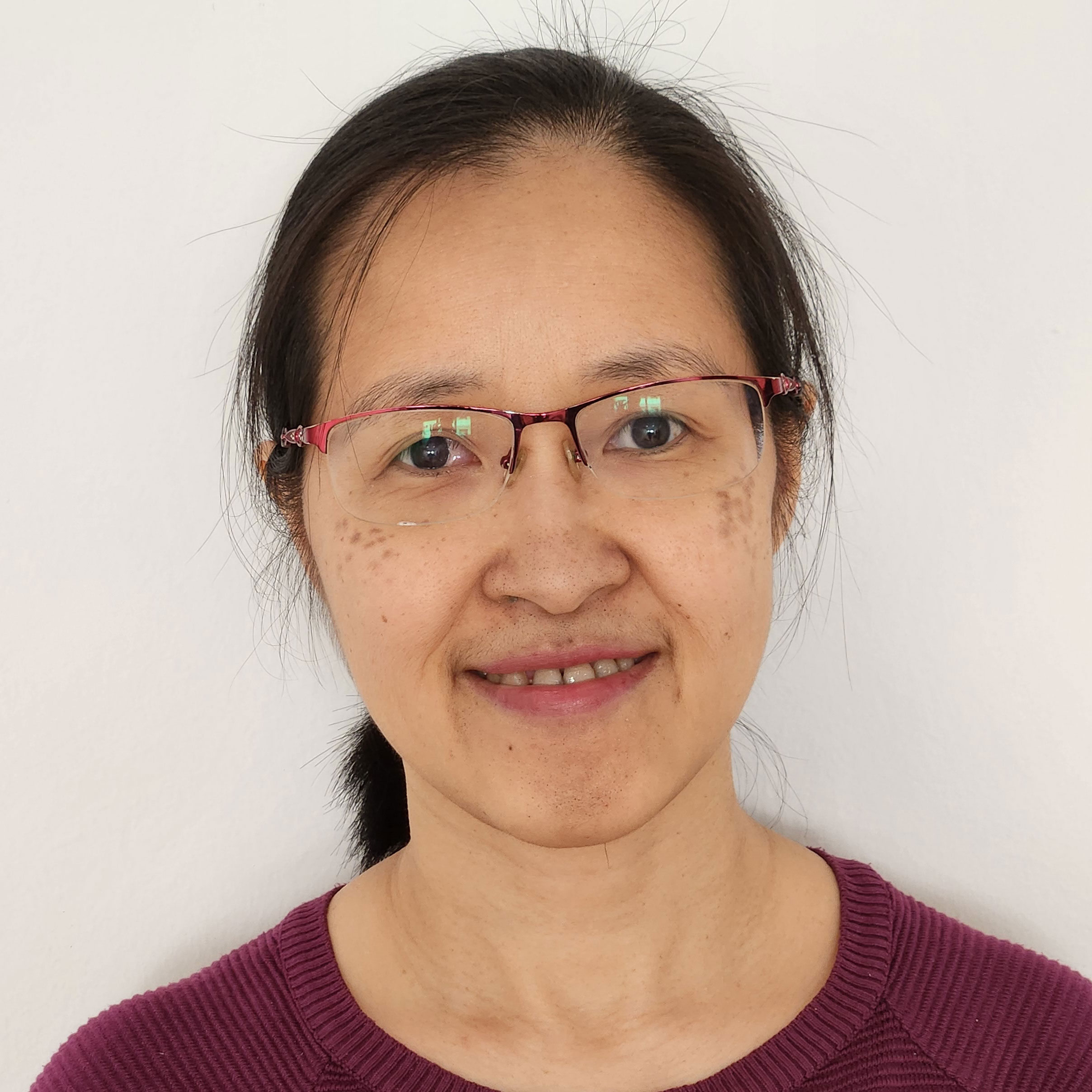ÖZLEM AYBÜKE IŞIK

ozlemaybuke.isik@bilkent.edu.tr
Dr. Işık received her BSc. Degree with honors from Izmir Institute of Technology, Turkey. There, she worked on antimycotic drug resistance in yeast for a while. Then she moved to Portugal, where she gained her Ph.D. from Instituto Gulbenkian de Ciencia, Lisbon. During her Ph.D., she worked on vertebral patterning during mouse development under the supervision of Moises Mallo. Mainly, she explored the involvement of conserved regions of Hox genes in vertebral patterning with transgenic embryos. After completing her Ph.D., Dr. Işık returned to her home country and worked as a whole exome sequence analyst in a medical laboratory. However, Dr. Işık is now back where she belongs (to the lab) and working on the PI3K signaling pathway at Bilkent University under Onur Çizmecioğlu. Currently, she is trying to understand how different PI3K isoforms generate distinct signals when activated, and those signaling events go awry during cellular transformation.
TIEU-LAN CHAU

Dr. Tieu-Lan Chau received her Pharmacy degree at University of Medicine and Pharmacy of Hochiminh City (Vietnam) in 2001. She briefly worked as production manager in Sanofi-Aventis between 2001-2003. Dr. Chau made her MSc studies in Health and Medicine Engineering at University of Joseph Fourier (Grenoble, France) between 2003-2005. Then she moved to Belgium to make her Ph.D. in Biomedical Sciences at University of Liege. Following her graduation in December 2011, she continued to make her postdoctoral studies at Liege between 2012-2015 on the identification of signaling network governing cytokine production macrophages. Dr. Chau joined to Bilkent University as an instructor in 2015 and gave several courses for two years. Dr. Chau involved as a postdoc between 2017-2020 in a TÜBİTAK 1001 project on the identification of chemotherapy resistance in HCC. Since 2020 she has been working as Senior Scientist and Lab Director in Dr. Göktuna's Lab. Dr. Chau is an expert of signal transduction research via in vitro and in vivo models of tumorigenesis. Currently, she is working on identification of signaling pathways regulating apoptosis, EMT and drug resistance in gastrointestinal cancers.
